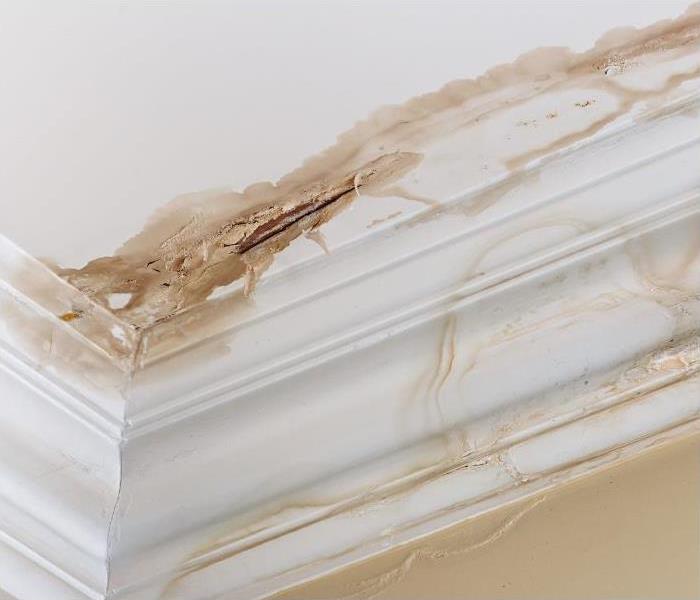Preventing Water Damage Every Day | SERVPRO of Racine County
6/11/2024 (Permalink)
 SERVPRO of Racine County is the fastest response to your call when you find water damage on your property.
SERVPRO of Racine County is the fastest response to your call when you find water damage on your property.
Did you know that water damage is one of the top insurance claims homeowners make across the nation? When you consider all the different ways your home can be damaged by water, that makes sense—but it is still a pretty scary statistic to think about.
Water damage moves fast, and a little bit of water can result in a whole lot of damage. The longer water sits, the more damage it does, and water damage often leads to mold growth and structural issues, too.
With so much water moving in and out of the house on a regular basis, and so many ways it can end up in the wrong place, preventing damage is key. The good news is that preventing water damage is pretty simple when you add it into your regular routines.
Fix Leaks Fast
When you hear a little drip or see a small spot of water, it can be easy to put checking on the cause down on a list to do later. A single leak can cause a pretty massive loss of water, though, and leaks under sinks can seep into the wall, floors and cabinets.
Never ignore what appears to be an active leak. Check under your sinks weekly for signs of an issue. Run your hands along the pipes to feel for excess moisture and make sure everything is connected tightly.
Along with checking under sinks weekly, you should also pay close attention to the fixtures in your bathroom. When you clean, take note of soft spots in the floor or worn-down caulk. Keep things tightly sealed. Even splashes from the shower or bathtub can cause damage over time, so make sure you have a long-enough shower curtain or that shower doors close tightly even when the shower is in use.
Keep a close eye on water lines outside as well. With our extremely cold winters, this is especially crucial when the temperatures are low. Make sure there isn’t anything dripping and no visible signs of cracking.
If you can shut the water off to your outside faucets in the winter, make sure you do so ahead of the first freeze. Cover your faucets as well to help prevent freezing.
Maintain Large Appliances
Dishwashers, washing machines, water heaters and refrigerators are all susceptible to potential water leaks. Leaks in these appliances can be particularly dangerous because they often start underneath or behind the appliance and can go undetected long-term.
Pull your appliances away from any walls they are near every few months to give the space around them a thorough cleaning. Check for mold spots, water puddles or musty odors. Make sure that water lines and hoses are all in good shape, and replace anything that is showing signs of wear and tear. You might consider having your water heater professionally inspected every year to ensure it is in good shape and avoid a potential failure later.
Make sure you know where the main water shut-off valve is in your home. If water does start dripping—or worse, overflowing—turn the water off at this valve in order to prevent large amounts of water from taking over.
By staying aware of potential hazards and keeping your home well-maintained on a regular basis, you can prevent water damage in your home. Get to know your risks, and learn how to respond quickly when something does happen.
Do you have water damage in your home? Contact us to get things dried out quickly!



 24/7 Emergency Service
24/7 Emergency Service